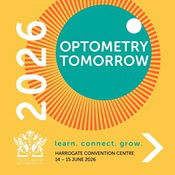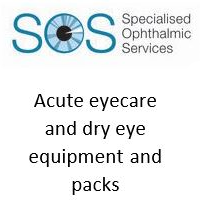Ophthalmology and OMPs
Royal College of Ophthalmologists provides 3 point plan
Royal College of Ophthalmologists provides 3 point plan
 Background
Background
Over two million people in the UK live with conditions that cause sight loss – more than those with dementia and Chronic Obstructive Pulmonary Disease combined.
To meet this demand, eyecare services deliver the highest volume of activity in the NHS, with almost nine million ophthalmology outpatient attendances in 2022/23. As well as being the largest outpatient specialty, ophthalmology is one of the most innovative. Whether it’s pioneering the use of virtual clinics and high-volume cataract hubs, supporting the full multidisciplinary team to work to the top of their licence or increasingly making use of artificial intelligence, ophthalmology has led the way in delivering high quality care more efficiently. Despite this progress, many services are struggling.
Plan
1
Supporting the development of a multidisciplinary eyecare workforce that is fit for the future, including by delivering an additional 385 ophthalmology training places by 2031 (55 per year) to plug chronic shortages, and boosting investment in the Ophthalmic Practitioner Training Programme so that more optometrists, orthoptists and ophthalmic nurses can work to the top of their licence.
This should be complemented by greater local-level investment in clinic and theatre space so our workforce can deliver more efficient care.
2
Better integrating eyecare through innovation and joint working, prioritising resolving digital blockers like a lack of interoperable electronic patient records and shared ophthalmic imaging standards, and further developing integrated pathways with optometry so that patients receive the most appropriate and accessible care and are prioritised based on clinical need.
3
Reform commissioning, tariff and data reporting systems to ensure independent sector capacity supports sustainable NHS ophthalmology services.
NHS England should develop a plan to deliver effective comprehensive eye care, which may include a single point of access model that facilitates informed patient choice and supports commissioners to better target limited ophthalmology resources. Improvements in access to training opportunities in the independent sector must accelerate, and data on waiting lists must be published in a way that supports commissioners and clinicians to better plan services.
























